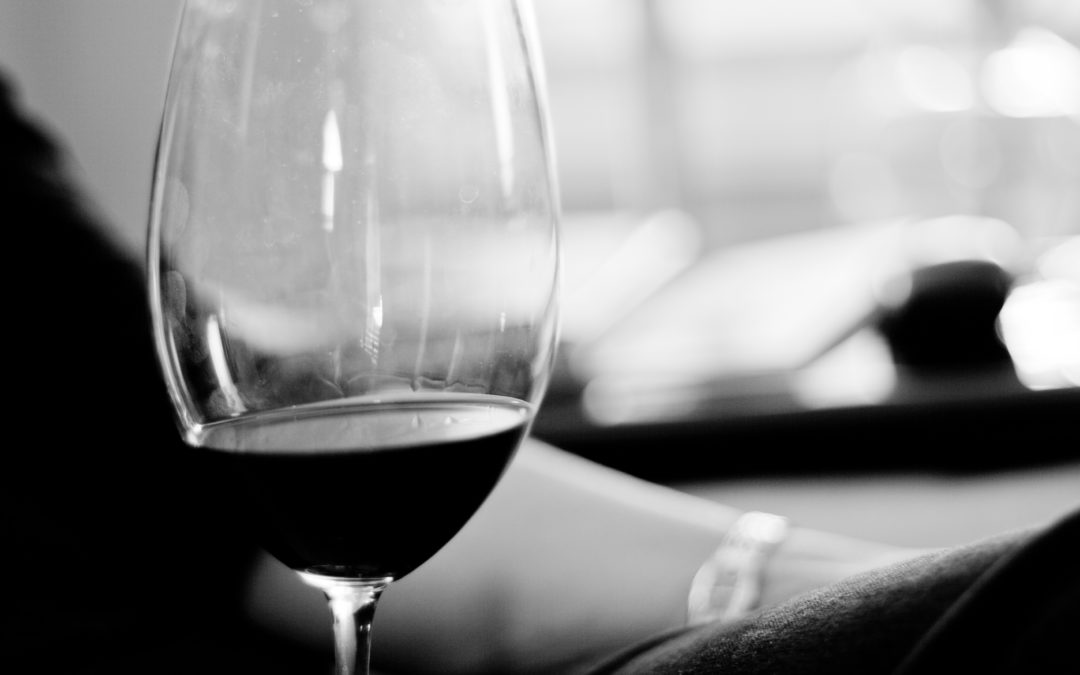Everyone enjoys being able to describe the wines they love. This is why we depend on “tasting notes.” Some find this process intimidating or pretentious. But the reasoning behind systematic tasting is the ability to specifically describe a wine. You may already be familiar with some common tasting terms but this week I address some less common descriptors.
- Banana. If you’ve ever encountered the aroma of bananas in your glass, rest assured there were no bananas thrown into the vat during winemaking. There are several technical reasons a wine may develop banana notes. It is common in some wines undergoing a process called carbonic maceration used in wines such as Beaujolais. Grapes are sealed in a vessel filled with carbon dioxide prior to normal fermentation. This process is what gives so many Beaujolais wines their distinct tropical aromas.
- Black Olives. Olives are identified by ripeness. Green olives are harvested before the olive has ripened while black olives are left to further ripen. During this ripening period, ployphenol (tannin) levels will drop, resulting in the earthy taste of black olives we detect. Black olive tasting notes are usually found in red wines such as syrah and California Cabernet Sauvignon.
- Coconut Coconut generally comes out in a wine’s aroma from esters and more specific lactons, which are responsible for the sweet aromas when smelling a coconut. It is one of the key aromas distinguishing oaked wines, and it’s mostly considered a tetiacery aroma (aromas found in aging wines.) Oak flavors and aromas can come from contact with wood chips, staves or barrels.
- Jammy. When we use the word jammy it is generally referring to red wines low in acidity and high in alcohol, such as Zinfandel, to describe the aroma of ripened or cooked fruits. It is associated with red fruits such as raspberries, strawberries and blackberries. Sometimes jammy is used to describe a wine fault for when vines were overexposed to heat and sunlight. The grape will ripen quickly leaving the cloying jammyness and a flabby mouthfeel from the low acidity.
THE VALUE
- 2016 Louis Jadot Beaujolais, France (about $13 retail)
THE SPLURGE
- 2016 Cannonball Cabernet Sauvignon, California (about $18 retail)
